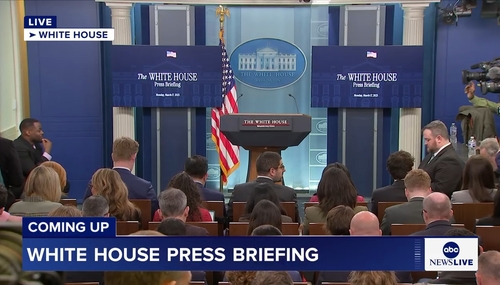Well, it only took them nearly a year to tackle this breakdown journalistic ethics, but the Columbia Journalism Review (CJR) took on a CBS "60 Minutes" segment that aired back in May 2009.
Nonetheless, an analysis by Martha M. Hamilton posted on the CJR Web site on April 14 found several flaws with a May 3, 2009, segment (critiqued by the Business & Media Institute on May 4, 2009). According to Hamilton, the report aired by correspondent Scott Pelley on a case that involves as much as $27 billion lacked a thorough look at various aspects.
"The imagery is clear in the 60 Minutes segment that aired May 3, 2009," Hamilton wrote. "The problem is the facts aren't. There is no way to tell watching and listening to 60 Minutes production ‘Amazon Crude' where or whose responsibility most of the apparently polluted sites are. Although the segment mentions that Texaco left the area in 1992, scant attention is focused on state-owned Petroecuador, which has been the sole operator of former Texaco sites for the past twenty years."
Overall, Hamilton concluded Chevron appropriately should have some concerns with Pelley's biased reporting. She wrote materials available to "60 Minutes" and the rest of the public could have been used to vet some of the claims in the segment.
"But looking at the journalism itself, in his particular story, does Chevron have a beef? In my opinion, it does," Hamilton wrote. "Based on a review of documents provided by Chevron and publicly available information from other sources in this matter, I find that the main Chevron complaint is warranted, namely, that 60 Minutes leads the segment by showing a polluted well that wasn't Chevron's responsibility to clean and which Chevron says is not polluted by petroleum at all, but rather by fecal matter."
Hamilton looked at allegations reported by "60 Minutes" that leftover pollution from Texaco had in fact polluted a well owned by Ecuadorian Manuel Salinas. According to Hamilton, the "60 Minutes" analysis of the claim didn't past the smell test:
Milhailovich's response to Chevron was that the nearby pit was not cleaned up and that the story accurately reflected Salinas's words and beliefs. "As for Mr. Salinas's well, the statement in the story ‘he says pollution leaked into his water well' accurately captures what he said in the interview and what he believes about the quality of the water."
Sorry, but that's not a high enough standard to justify using Salinas's remarks as evidence that Texaco failed to clean up a site it had polluted, much less using them to lead into the segment.
This isn't a matter of belief. It's a checkable fact. Either the well was or wasn't part of Texaco's responsibility under the 1994 deal and was or wasn't polluted by oil. In this case, available evidence says the answer to the first question is no and the answer to the second is maybe not.
Hamilton included her own experience with the oil industry and pollution, pointing out that the Houston ship channel is the 1950s and 1960s was heavily polluted and said it was likely this industry didn't have to live up to certain "standards" in the Amazon that it would have to have lived up to today. However, that's not issue, she wrote.
"The issue is journalism," Hamilton wrote. "Although the segment reflected some of Chevron's arguments about the lawsuit, a viewer could be forgiven for concluding that the mess shown was caused by Texaco, now merged into Chevron, and, more importantly, is its responsibility to clean. And that's where I find fault."
Ultimately, she said Pelley's piece was an exercise in innuendo, which doesn't exactly live up to the ethical standards big league journalists are sometimes thought to practice.
"60 Minutes could have shed light on the issue by finding an unremediated site for which Texaco was responsible, identifying it as such, and laying out the facts," Hamilton concluded. "But it didn't do that. Instead, its segment was an exercise in innuendo. A piece on the oil giant and the rainforest last year relies too much on innuendo."



